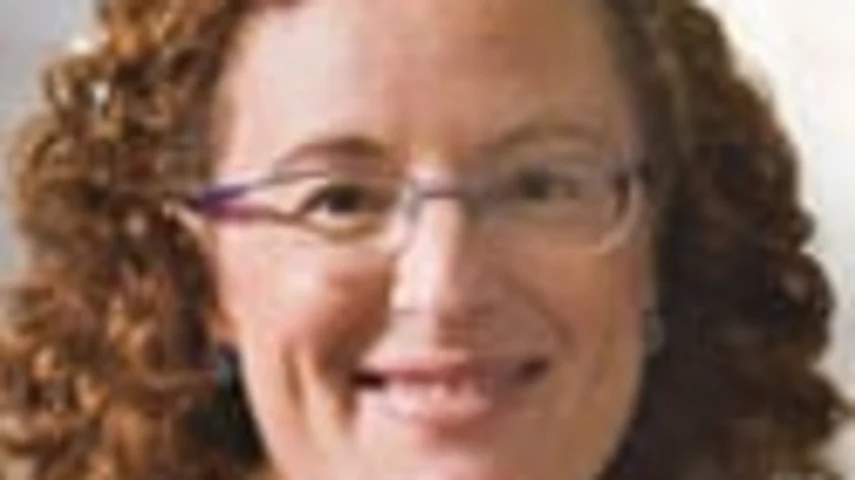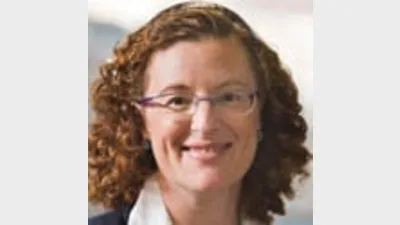FPA considering tertiary education minimum



|
|
The board of the Financial Planning Association (FPA) is considering whether to make tertiary level education the minimum standard for entry into financial planning.
FPA chief Jo-Anne Bloch confirmed the association was considering higher minimum education levels for advisers.
Education levels for advisers have been one of the key points for discussion in the parliamentary inquiry into the financial services industry.
Speaking on the ABC’s Inside Business yesterday, parliamentary inquiry chairman Bernie Ripoll said standards must be raised, pointing to the FPA as one body appropriate to do so.
"We need to raise the standard in terms of the educational level of advisers and the way products are sold, that understanding about products and the impact of advice, particularly if we look at areas of margin lending and gearing and leverage," Ripoll said.
His view is that the "current standard that exists is perhaps too low a bar".
Ripoll acknowledged that increasing numbers of advisers now have university degrees or are highly qualified.
"Unfortunately, it's not required by law and, unfortunately, it's also a case that that's not the general consensus across the sector. But I think that's where we're moving to in a natural sense and I think that's where we will be in the coming decade."
Recommended for you
ASIC has released the results of the latest financial adviser exam, held in November 2025.
Winners have been announced for this year's ifa Excellence Awards, hosted by Money Management's sister brand ifa.
Adviser exits have reported their biggest loss since June this week, according to Padua Wealth Data, kicking off what is set to be a difficult December for the industry.
Financial advisers often find themselves taking on the dual role of adviser and business owner but a managing director has suggested this leads only to subpar outcomes.











